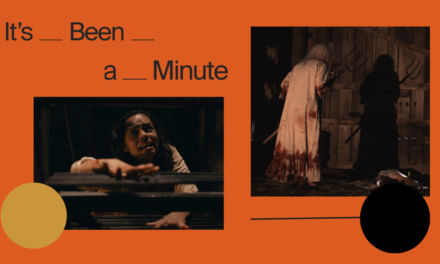FRIDAY, Sept. 29, 2023 (HealthDay News) — While guidelines for cancer screening have begun factoring in life expectancy, a new poll shows a majority of older adults disagree with age cutoffs based on how long a person is expected to live.
The University of Michigan National Poll on Healthy Aging queried more than 2,500 adults aged 50 to 80 years by phone and online in January 2023. The poll revealed that 62 percent of people in this age group thought that national guidelines for stopping cancer screenings in individual patients should not be based on how long that person might have left to live.
Guidelines have started factoring in life expectancy because the risks from some screening tests increase with age, according to the pollsters. Studies also show that a person needs to live about 10 years to get the full benefit of finding cancer early.
Yet even among adults who the poll staff might consider “medical minimizers,” avoiding medical intervention unless necessary, 57 percent disagreed with the idea of using life expectancy for cancer screening guidelines compared with 73 percent of “medical maximizers.” About 70 percent of adults polled thought it was fine for older adults to get screenings that are not recommended. About 55 percent of those polled said the 10-year life expectancy limit was about right, but 27 percent said it was too short.
Guidelines play a role in helping doctors decide which screening to do, but they also affect insurance coverage. Coverage is currently in flux because of a federal court case that could lead to the end of required insurance coverage for cancer screenings and other preventive care based on national guidelines, the poll authors noted.
Digging further into people’s feelings about using life expectancy in screening recommendations, 26 percent said they strongly disagreed with this, including more women than men. Strong disagreement about stopping screening based on life expectancy was higher among Black respondents (at 37 percent) compared with Hispanic (at 28 percent) or White participants (at 24 percent).
Copyright © 2023 HealthDay. All rights reserved.





